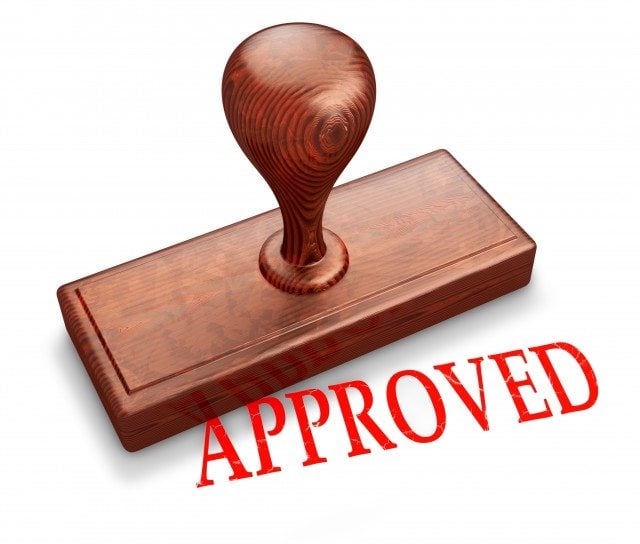Sports nutrition supplier BPI Sports has contracted ChromaDex Corp for third-party verification of its protein products.
Going forward, the ChromaDex Quality Verified Seal will be added to the entire line of BPI Sports’ protein powders, assuring that each product has been third-party tested and quality-verified.
Frank Jaksch, co-founder and CEO ChromaDex, Inc. tells Food News International that a product verification program goes beyond product testing and is a valuable marketing tool in the consumer market.
FNI: How vigorous is ChromaDex’s seal program for BPI Sports?
Jaksch: I am not sure I would characterize the ChromaDex Quality Verified Seal program as ‘rigorous’ so much as ‘comprehensive’.
There are a lot of companies out there that claim to post independent laboratory testing results on their products. Our verification program goes way beyond just product testing.
We start by performing audits and inspections of the entire supply chain, including BPI’s facilities, to make sure they meet FDA current Good Manufacturing Practices (cGMPs).
Our program also includes follow-up and regular annual future inspections as we continue to work with our customers’ supply chains to continually improve quality systems.
On top of that, of course, we do laboratory testing of ingredients and finished products to ensure that they meet minimum testing requirements under cGMP standards.
Here is the reality: a finished consumer product, even if it has been well tested, could be manufactured in a facility that is not compliant with FDA GMPs, which by definition would make the product adulterated.
FNI: What outcomes does the program aim to achieve for BPI Sports?
Jaksch: It is hard for me to speak on behalf of BPI Sports, but I can tell you why we like working with this client.
First and foremost, BPI Sports views the ChromaDex Quality Verified Seal program as something it needs to do for its customers because the consumer is the real beneficiary of the company’s commitment to quality.
Of course, BPI Sports will gain a host of other benefits from the program, including a marketing edge to differentiate it from its competitors and better risk management, just to name a few.
FNI: What enhancements would BPI Sports expect to make after working with ChromaDex?
Jaksch: One of the main benefits of the ChromaDex® Quality Verified Seal program is that it is very dynamic.
We are not expecting to start inspecting and testing and find that everything is perfect.
We are expecting to identify gaps and to work with BPI Sports and its supply chain to fix the gaps.
This program is entirely about continual improvement.
FNI: How recognized is the ChromaDex seal in the food industry?
Jaksch: ChromaDex is very well recognized in the industry as leader in natural products chemistry, reference standards and analytical testing services.
However, we are not yet recognized for our Quality Verified Seal program, which is something very new for us.
Also, I need to be clear that ChromaDex does not have a lot of visibility with the consumer, which is something we aim to change now with our new seal program.
FNI: Is the ChromaDex Quality Verified Seal program potentially a marketing tool for brand owners?
Jaksch: Absolutely.
That is one of the benefits of the program.
There is a lot of confusion in the marketplace, especially at the consumer level, about product quality.
It is very hard for consumers to differentiate good products from potentially bad products.
A program like the ChromaDex Quality Verified Seal provides consumers with the assurance that they are investing in quality products.
FNI: What other messages will consumers receive upon seeing the ChromaDex® Quality Verified Seal on products?
Jaksch: As this is a new program, we do not yet have consumer feedback, but we are expecting that consumers will get the main message, which is that that the quality of the product has been verified.
The expectation also is that the extra confidence provided by the seal will prompt consumers to choose the BPI Sports product over some other product that might not offer such an assurance.
FNI: With other seals and programs being offered by third parties, how can consumers navigate through such information?
Jaksch: If consumers do their homework on each program and the value proposition it offers, they will be able to distinguish comprehensive programs from those that are more superficial.
This may require some digging since these distinctions may not be obvious from information that is publicly available on the Internet.
FNI: How important would a harmonization of standards/quality seal/programs for manufacturers of nutritional, health and dietary products be?
Jaksch: Harmonization is really tough.
As in any free market, companies can choose to offer whatever products or services they would like.
The reality is that there are going to be differences between the programs: some will be more detailed and expensive and others will be less intensive and expensive.










